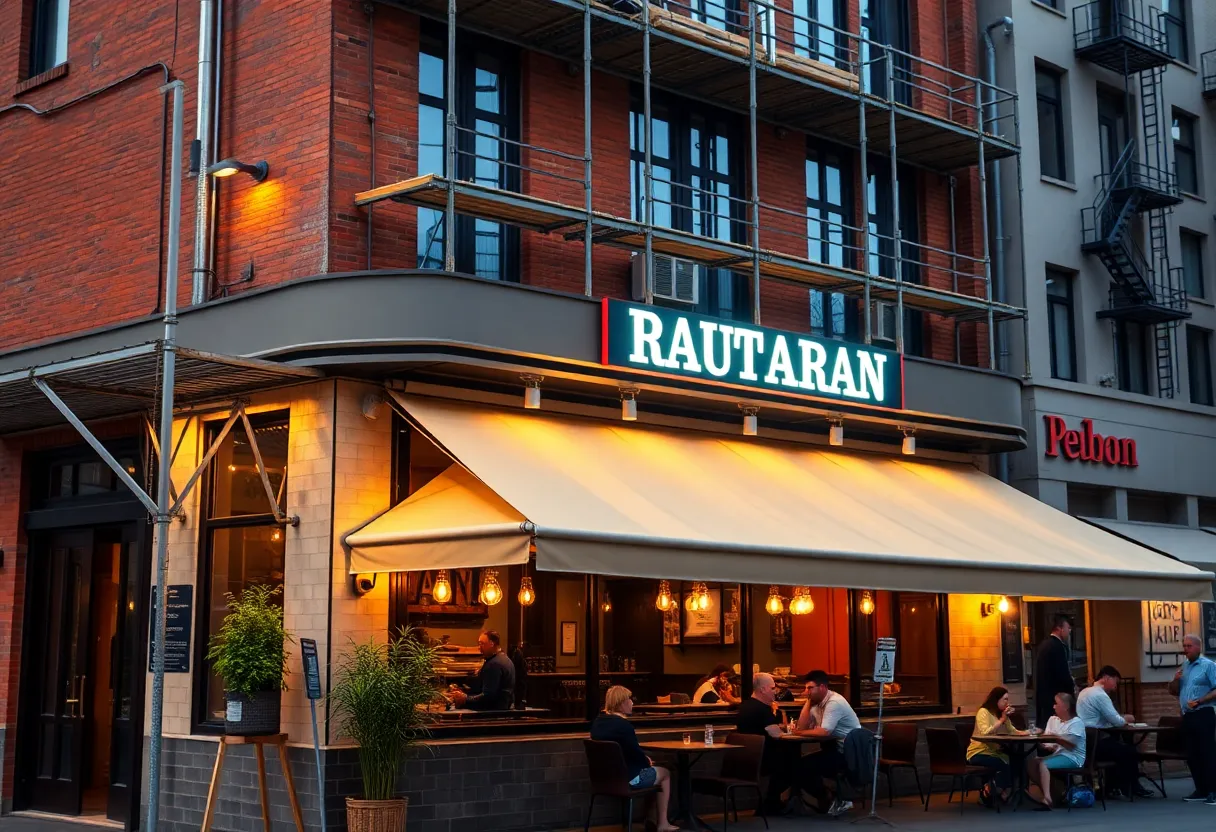News Summary
Residents in Northville have launched a lawsuit against the city and developers over environmental concerns linked to the Northville Downs redevelopment project. The lawsuit comes in response to an oil spill during demolition processes and ongoing dust pollution impacting homes and local waterways. With mixed feelings about the project, residents worry about potential long-term harm while others anticipate the economic benefits of the $300 million development.
Residents Unite Against Northville Downs Redevelopment Project
In a recent turn of events, a group of residents in Northville has launched a lawsuit against both the city and the developers of the Northville Downs redevelopment project. This legal action stems from a range of environmental concerns that have been raised, particularly in the wake of an oil spill that occurred during the demolition of the old Downs racetrack.
What’s the Big Deal?
The project, which has ambitious plans to transform the defunct racetrack into a vibrant multi-purpose hub with housing, parks, and retail spaces, has raised eyebrows among local residents. Since the demolition kicked off post the last harness race in February 2024, neighborhood concerns have been mounting, especially after a significant oil spill tainted the surrounding area, including contamination of the Rouge River.
What Are Residents Saying?
As the dust (quite literally) settles from the demolition activities, residents have become increasingly vocal about their worries. The group, dubbed the Northville Downs Neighbors for Safe Development, claims that the demolition was handled carelessly, causing what they describe as “irreparable harm” to their neighborhoods. These residents argue that the absence of adequate dust control measures has led to clouds of heavily contaminated dust swirling into nearby homes.
The lawsuit specifically highlights problems stemming from the oil spill, as well as ongoing dust issues and other environmental impacts linked to the project. Resident concerns kicked off back in June when the oil spill incident occurred, raising alarms about the potential long-term environmental damage.
City’s Standpoint
Despite the growing discontent among residents, city officials maintain that they are diligently overseeing the construction process in accordance with relevant laws and best practices. The city’s attorney has indicated plans for a robust defense against the lawsuit, implying that they are confident in their management of the situation.
State Involvement
On the state level, the Michigan Department of Environment, Great Lakes, and Energy (EGLE) has made it clear that while they don’t regularly monitor dust emissions, they do respond promptly to complaints lodged by the public. Their involvement saw cleanup efforts immediately after the oil spill, with containment booms being installed to aid in mitigating the damage.
Out with the Old, in with the New
The redevelopment plan is ambitious, with an estimated cost of around $300 million. It promises to bring a fresh influx of 443 housing units, public parks, and commercial spaces set to bloom over the next few years. Among the features that have caught local interest is the plan to “daylight” a section of the previously buried River Rouge. The project also includes a grand 10.44-acre River Park, catering to the community’s recreational needs.
With three parks lined up, the developers are taking measures to ensure dast control during the construction phase, employing strategies like water trucks and air monitoring systems, which they hope will help alleviate apprehension among the residents.
A Pause for Prevention
Interestingly, construction was recently paused to install a fire hydrant backflow preventer, demonstrating that the city is attempting to take proactive steps to address the dust issues that have sprung up during demolition.
Residents are divided about how this project will impact their beloved community. On one side, there is a palpable sense of concern about environmental safety, while on the flip side, there lies a glimmer of excitement about the development’s potential for invigorating the local economy.
Looking Ahead
As the deadline for the construction is scheduled for completion by 2026, with vertical construction beginning in the fall of 2024, many in the community are left wondering: will the benefits of growth outweigh the environmental concerns? Only time will tell, as Northville navigates the complex balance between development and community safety.


